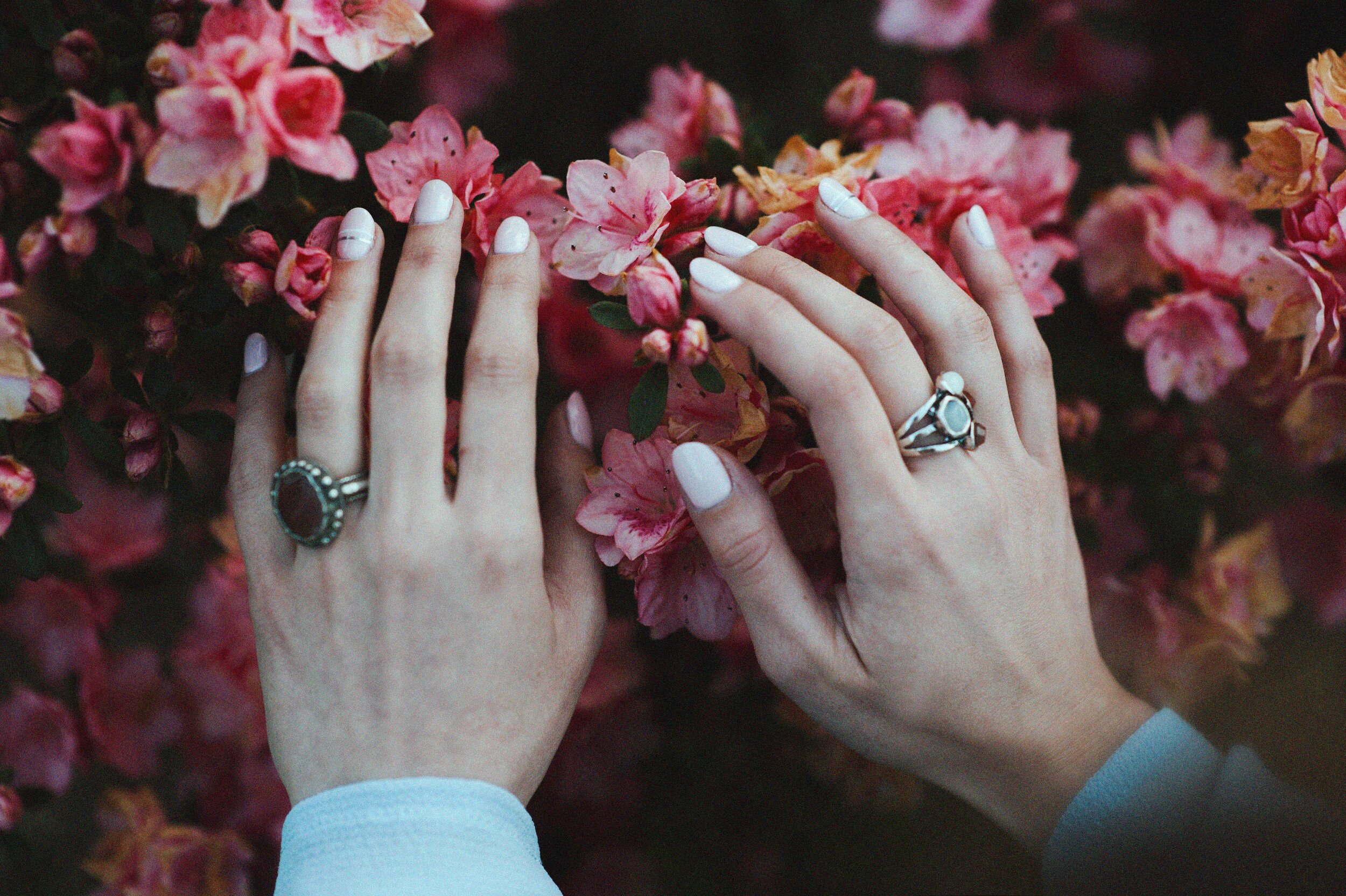Trista Edwards on writing during motherhood

How have you used writing as a healing or trauma recovery tool? How does it give you autonomy and self-understanding?
I have always used writing as a tool for healing but more recently since becoming a new mother, I have specifically been writing through the trauma of birth and the particular kind of grief that manifests from the sudden shift of identity from “not-Mother” to Mother.
Writing through and about my pregnancy, the physical birth of my baby, and the immediate postpartum period allows me to reflect on these experiences and see beauty, triumph, pain, mystery, and shadow & light where I could not see it in the moment. The act of writing itself becomes a tool for me to digest the physical, mental, emotional, and existential trauma of becoming a mother. Through writing I can further understand and honor not only those experiences but myself—who I am, was, and have become.
Do you integrate writing into your ritual/spiritual/magical life?
I am very into the practice of hearthcraft and maintaining a protective, creative, intentional and magical home. Writing plays a big part in this. I am a poet, so I already view writing through a kind of magical lens. While I regard the act of writing poetry to be something set apart from the everyday, I do believe the mundane kinds of “domestic writing” I may do daily—making lists, copying recipes, marking specific milestones on the calendar, jotting down ideas for creative projects on scraps of paper, etc.—hold their own element of magic. I also pull tarot and journal at the start of the day to help me gain perspective on things that require more reflection.
If we put three writers or books into a circle to summon you, who/what would they be?
This is sooooo difficult. I’m going to cheat a little and do two categories.
Writers—Sylvia Plath, Shirley Jackson, Amy Gerstler
Books—Claire Vaye Watkins’ Battleborn, Julia Elliot’s The Wilds, Brigit Pegeen Kelly’s The Orchard
Is there a single piece/book of writing that has helped to heal you? How has it helped?
This past year during my pregnancy, I read Eugene Thacker’s In The Dust Of This Planet: Horror of Philosophy Vol. One. (It has a bit a cult following, oddly enough, thanks to Jay-z and the fashion industry.) The book dives in deep to the connections between philosophy and horror but not necessarily the philosophy of horror. Thacker uses the genre of horror, along with occultism, demonology, and mysticism as examples, to expand on how we philosophically attempt to confront and digest planetary disaster, pandemics, climate change, and our looming extinction as a way to think of the unthinkable.
An argument that arises often in this book is that “horror” has less to do with the fear of death, and more to do with the dread of life. Reading this book was extremely comforting and healing to a lot of anxieties I had about becoming a mother. Thacker continually asks, “What is life?” and also brings to attention that this question is always eclipsed with “What is being?” My mind kept circling all these questions of philosophy and horror back to motherhood and all that entails—being a creatix, immorality existence, death on a physical and metaphorical level, the trauma of birth, the bodily transformation, etc.
I kept posing questions to myself under the umbrella, “What is being?’’—What does it mean to be a mother? What is being born? What does it mean to exist in this world? What does it mean to “not-be?”
To me all these questions always orbited back to my overarching concern of grieving the loss of my world that was solely mine and for me and my identity—how certain parts of it were dying and others were shifting and being born. It was really a way to explore my shadow-side with becoming a mother.
Now, of course, raising an infant born into a global pandemic this book provides me with a way to think about the unthinkable and the uncertain and the horrors that we see unfold daily under COVID-19.